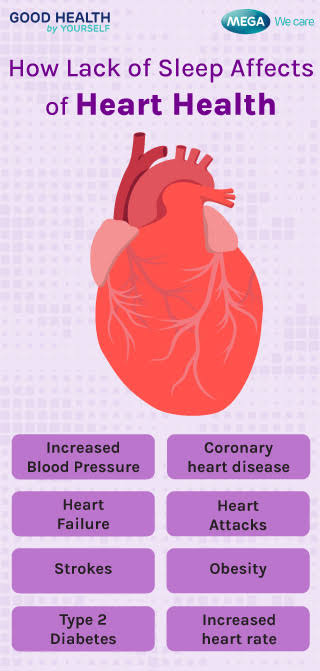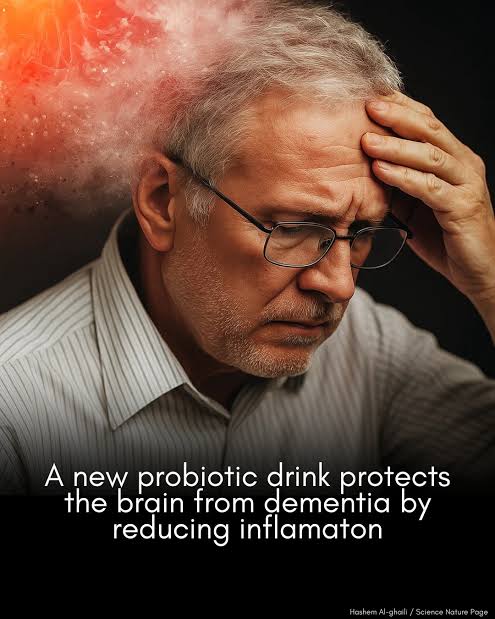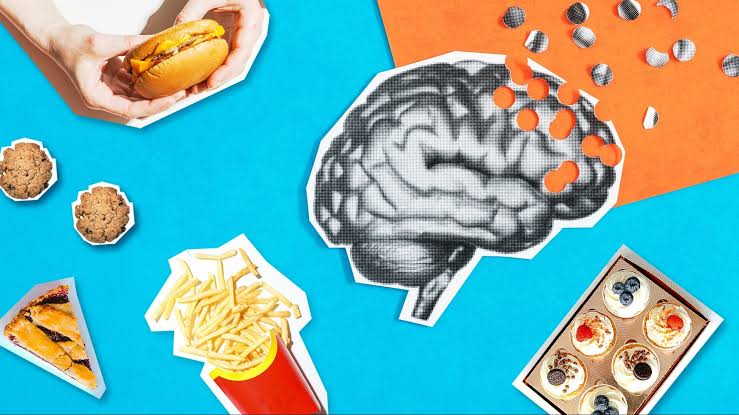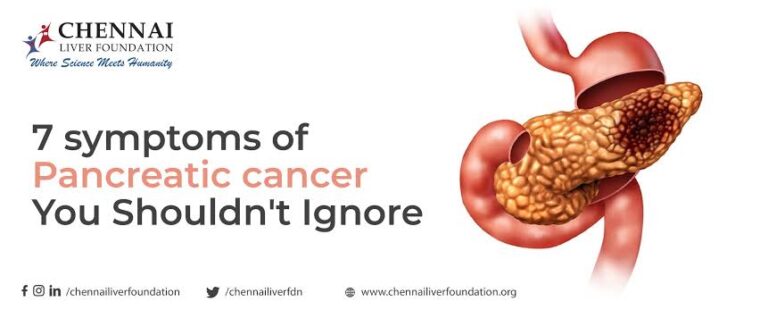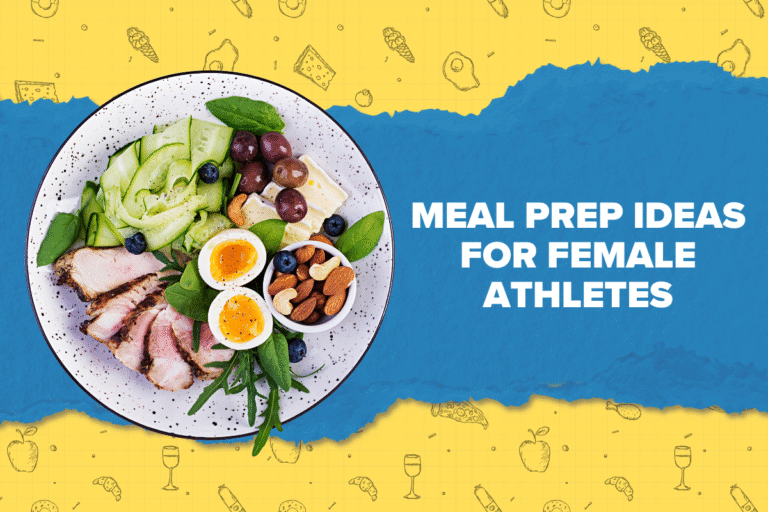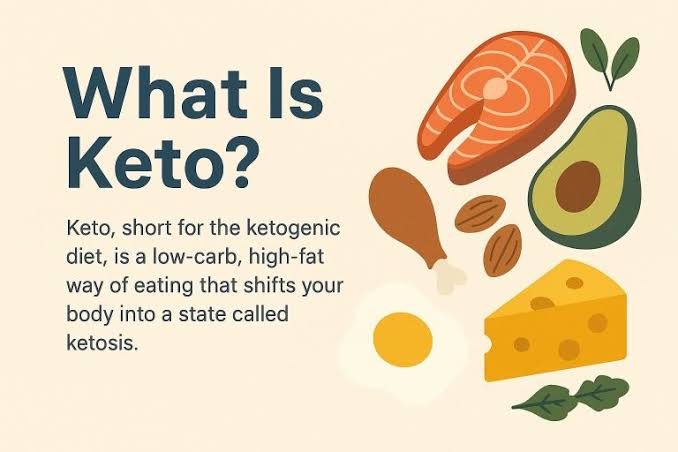Relatively healthy people who experience sleep disturbances during the night appear to be more likely to have...
HEALTH
A new scientific study has identified two natural compounds, one of which is found in green tea,...
Discover the foods that can harm your mental health. Learn which dietary choices may increase anxiety, depression,...
Some subtle symptoms are easy to dismiss but could signal pancreatic cancer. Learn which warning signs to...
Wondering whether to eat meat or fish? Discover the health benefits, risks, and nutritional differences between these...
Is butter healthy or bad for your heart? Learn the facts about butter, its nutritional benefits, and...
Discover balanced menu ideas for sportswomen! From pre-workout meals to post-training recovery, here are nutritious and delicious...
What is the chrono-nutrition diet? Discover how eating according to your body’s biological clock can improve digestion,...
Curious about the ketogenic diet? Discover what “keto” means, how it works, its benefits, risks, and whether...
Discover the amazing health benefits of Jerusalem artichoke and whether you can eat it raw. A natural...

